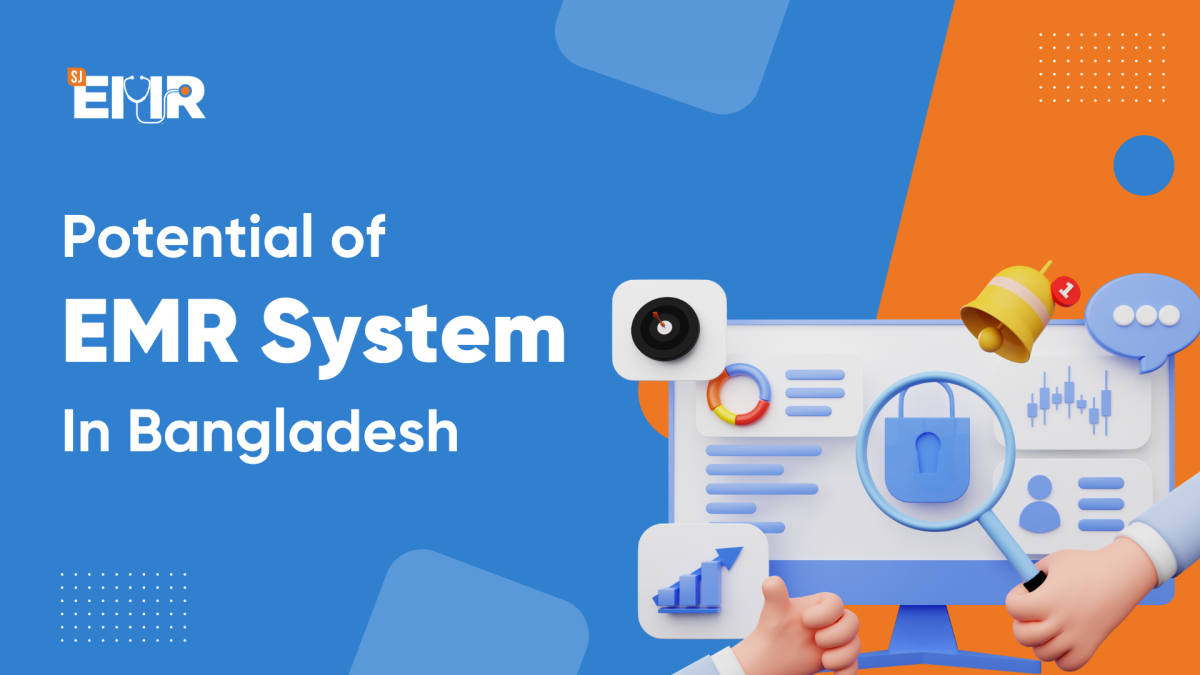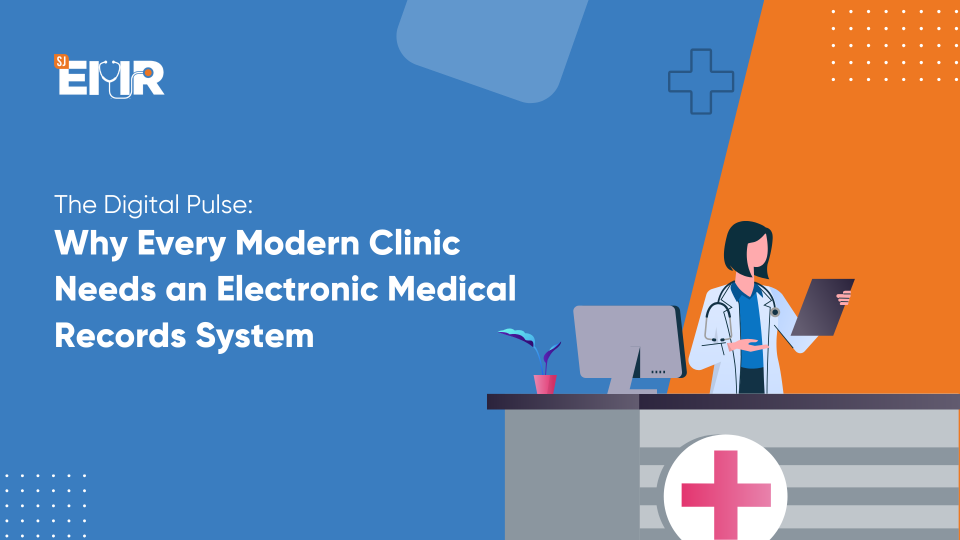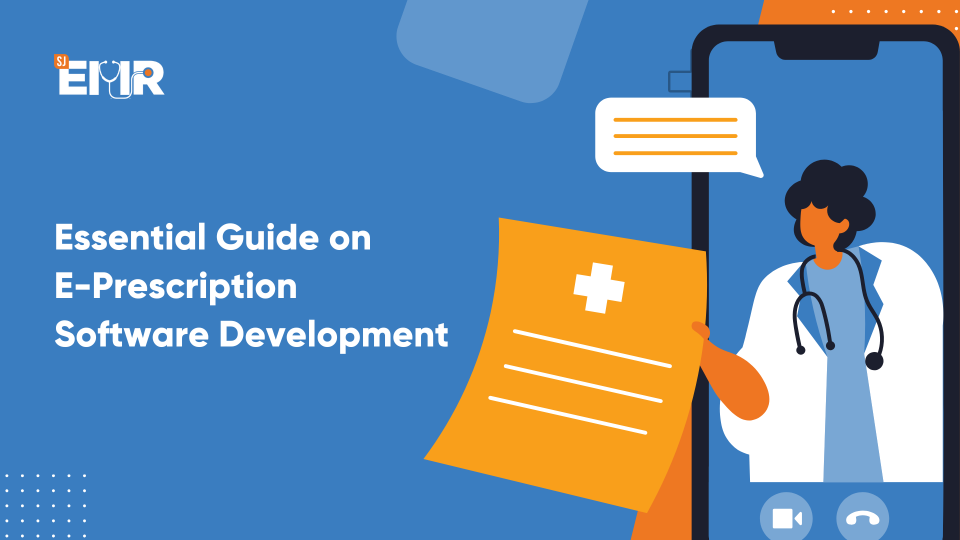Potential of EMR System in Bangladesh

Essentials to Know about Before Implementing Electronic Medical Records
July 1, 2022
Are EMR systems easy to use?
November 30, 2022As several sectors within healthcare are being digitized, the introduction of EMR (electronic medical records) comes as no surprise. EMR system is proving increasingly popular across countries such as the US, with over 90% of primary care physicians utilizing it.
But what does this mean for Bangladesh? Although EMR may not be widely used within current medical practice, it will soon become mandatory for all healthcare practitioners. Converting to fully digital methods can appear intimidating initially but this article will discuss the potential of EMR systems within Bangladesh. As well as the consequent positive effects this will have on healthcare for patients and staff.
A smaller margin for error
By creating electronic medical records and decreasing the reliance on paper, practitioners can keep a clear record of patients’ details on hand. This reduces the chance of misinterpreting written information due to illegible handwriting and ensures patients’ details are kept up to date and can be tracked efficiently. Furthermore, electronic records allow for data to be passed to various practitioners with ease when necessary without fear of losing an original copy.
Accessibility for patients
Often electronic medical records include a patient portal that allows them to view all their data, book appointments, and contact their practitioner. In turn, patients can save time by using online methods to contact their healthcare provider and receive adequate help. Online access also permits patients to view their prescriptions and track their medical history. Without EMR, the aforementioned features would be difficult to access and require lengthy amounts of time.
Avoid conflicting treatment
Patients may often suffer from several health issues at the same time, therefore treating them simultaneously can become confusing. EMR allows healthcare workers to view all the current and past medications/treatments for patients in thorough detail to make informed decisions. Additionally, EMR systems allow practitioners to search and check for conflicting medication when prescribing new treatments to prevent adverse side effects. As opposed to paper copy records, this can be done within minutes thereby saving time and resources.
Improved privacy
By creating a secure and encrypted online space for medical records, patients’ private and personal data can be stored securely. Paper copies cannot be kept safe in the same capacity therefore EMR systems are efficient in protecting patient information. Furthermore, patients can be aware of who is viewing their medical records and provide informed consent.
Online consultations
In the wake of COVID-19, vulnerable individuals may feel uncomfortable meeting in person for appointments. Therefore with EMR systems, practitioners can meet with their patients online via Zoom to conduct appointments. In turn, this can save time and allow those who are vulnerable or suffer from mobility issues to receive equal treatment.
The previous points by no means cover all the information surrounding the benefits of EMR systems but have addressed 5 common points. Nurses, medical professionals, and hospitals across Bangladesh have been slow to implement any complete EHR systems despite several incentives. Lack of computer expertise, expensive costs, security worries, workflow challenges, and time are all possible roadblocks. However, as this blog has demonstrated, implementing EMR systems are worth the initial time and financial investment because there are far more advantages than disadvantages.




